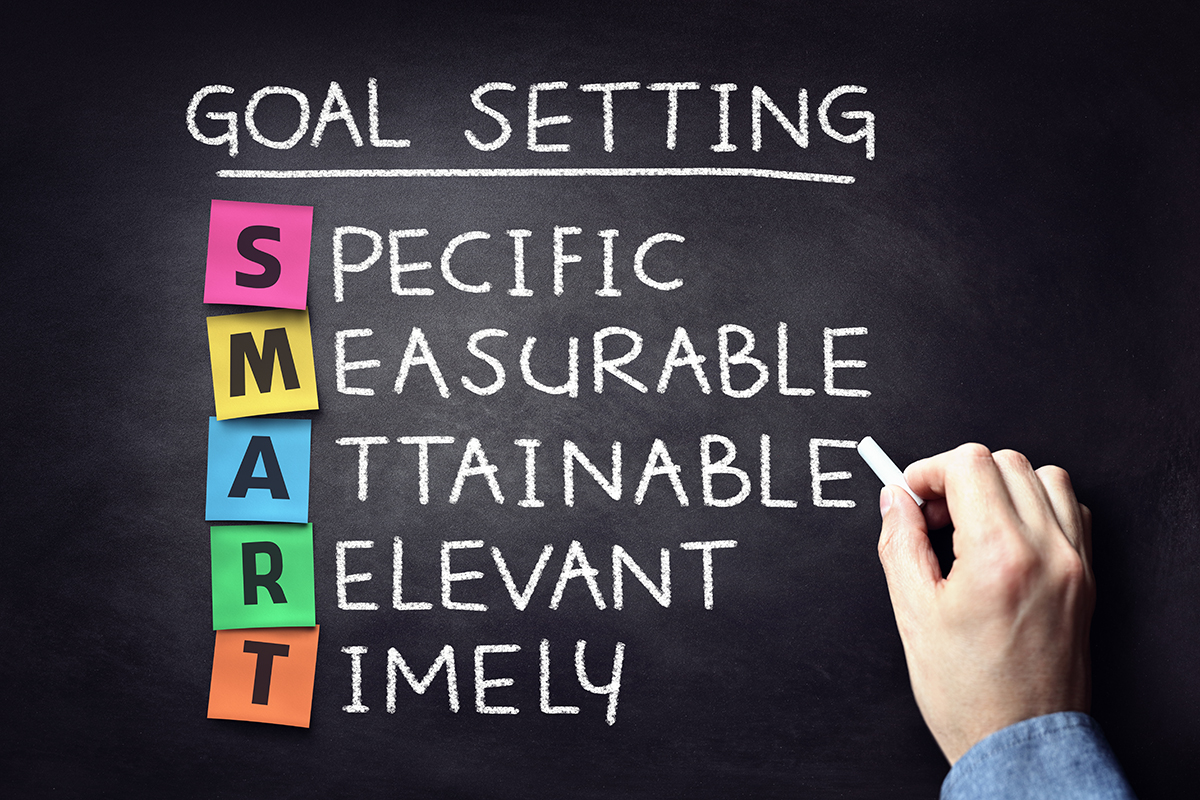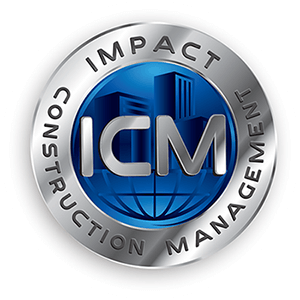
The goal for every project is success. For a project manager, that means your build is complete, your budget is happy, your timetable was accurate, and every detail in between is resolved. But how do you actually achieve these goals? The answer is simple: You have to work SMART.
What is a SMART goal?
This acronym has appeared throughout multiple industries, both because of its easy memorability and because of the successful analysis it brings to each goal you set. SMART stands for Specific, Measurable, Achievable, Relevant, and Time-Related. Each of these categories plays a huge factor in the success of every project you undertake.
S – Specific
It is not enough to have a general vision in mind for your next project. You may start out that way, but you have to whittle your ideas down to a specific, actual set of tasks. This part of your SMART goal covers many of the basics – what is the overall goal of your project? Which people will you need to accomplish it? Where will the work take place? What resources will you require to provide the necessary tools for your project?
M – Measurable
M could also stand for metrics, or for milestones, because both of these will become integral to measuring the success of your project. You need to have clear, written (or typed, if you like) goals that you want to achieve. Things like the timeline of your project, the amount you have spent on your project, and the rate of progress of your project are just a few of the measurable metrics you can track for your build. If your project looks like it will take several months, you can also set some milestones – six months from now, you hope your project will be in this specific stage of development.
A – Achievable
You may have grand ideas, but are they SMART ideas? Any goal that you cannot feasibly achieve is not a goal at all. Base your expectations on the reality in front of you. If your dream goal does not fit within your budget or timeline, adjustments must be made. Find a goal that is attainable, and focus on it until you are successful.
R – Relevant
Every goal has to have relevance to the project. The completion of the project is your final goal, and is clearly relevant. But what about all the smaller goals you set in between to achieve your final objective? For instance, does your project make sense for the community around it? If you are building a gym, is it located in a place where people will be able to access and use it? If you know that being environmentally friendly is important to the city you are building in, have you taken steps to make sure your project fits their desires? Tailor your goals so they are relevant to everyone involved in the project.
T – Time-Related
You know better than anyone that a goal has to have a deadline. Having a projected completion date for your build is obviously essential, but you are much more likely to achieve it if you create other deadlines along the way. If you aren’t sure where to begin, try framing a question like this: Where do you see your project in six weeks? How about three months? A year? What are your visions for the completion of your project, and what steps have to take place to make those happen? Create specific deadlines, and, as always, get input from your team to make sure they are realistic.
Don’t just set goals – set SMART goals to make the most of your next project.
About Impact Construction Management
Headquartered in Indianapolis, Indiana, Impact Construction Management is a full-service construction management firm. Founded by Louis Buonaiuto and Richard Bowlin, Impact Construction Management has been managing construction projects for clients throughout the Midwest and South for over 10 years. From our very first project to today, our focus has been on delivering the results our clients want by providing responsive service, up-front pricing and the highest-quality workmanship.









Write a comment:
You must be logged in to post a comment.